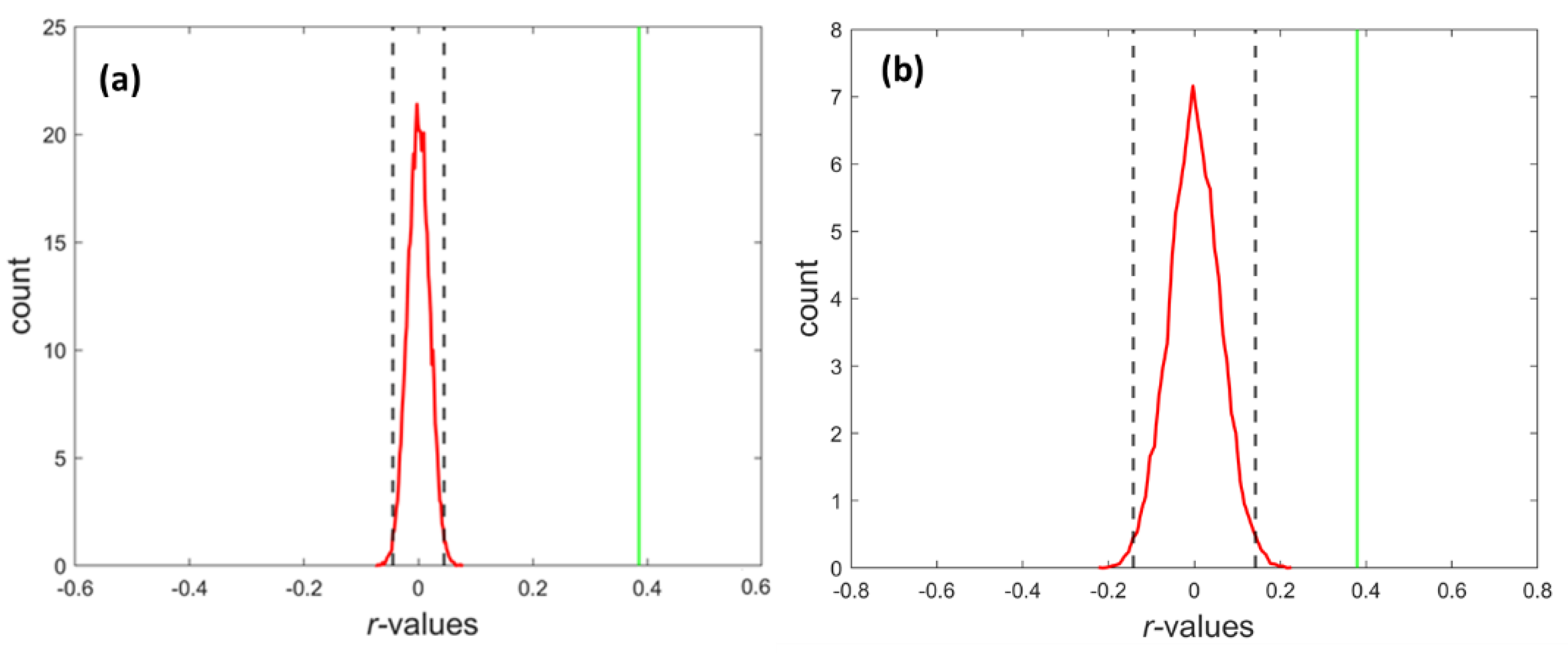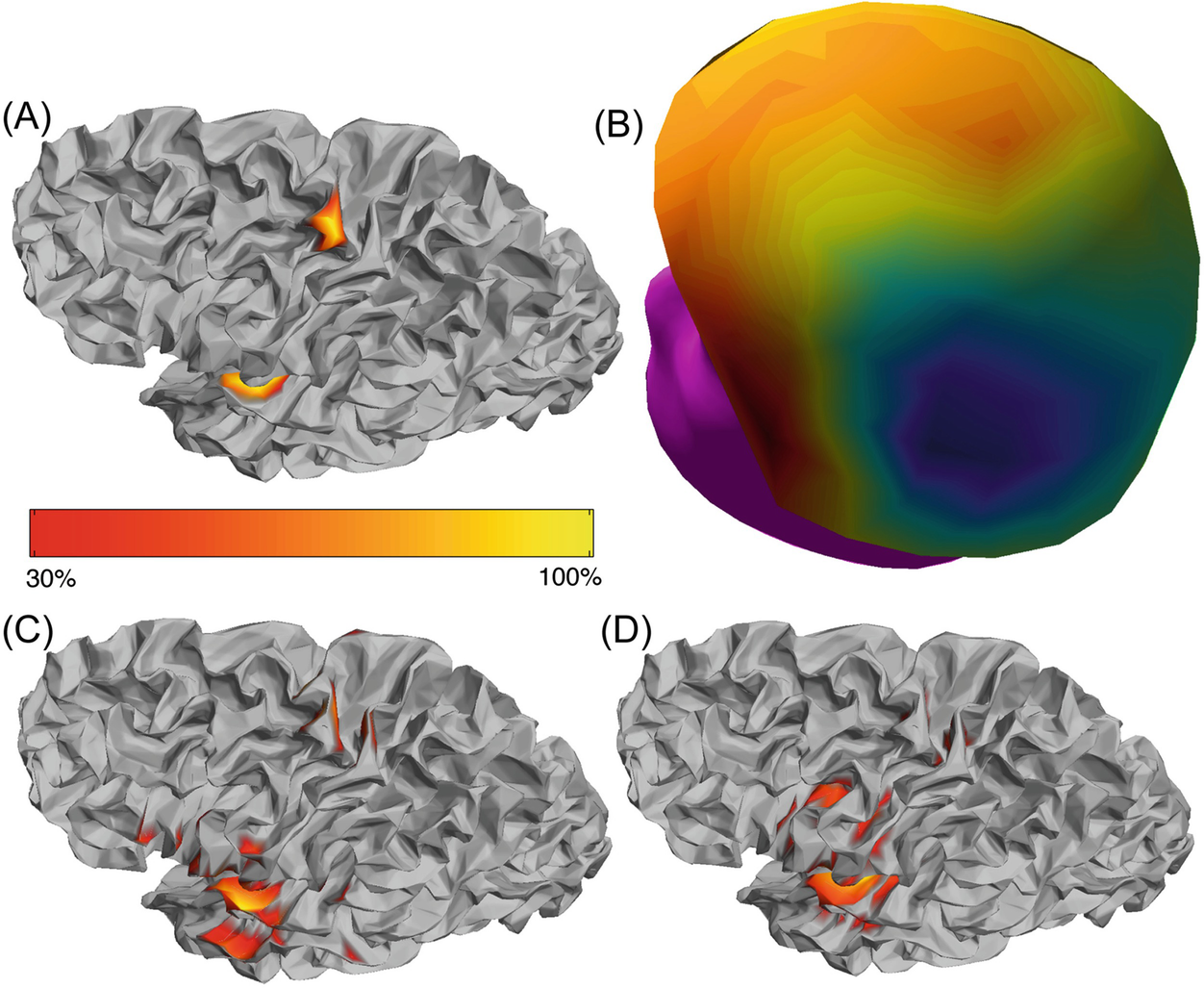

They’re built through positive interactions with their parents and caregivers and by using their senses to interact with the world. Starting from birth, children develop brain connections through their everyday experiences. It’s much harder for these essential brain connections to be formed later in life. The connections needed for many important, higher-level abilities like motivation, self-regulation, problem solving and communication are formed in these early years – or not formed. The early years are the best opportunity for a child’s brain to develop the connections they need to be healthy, capable, successful adults. This enables the child to move and speak and think in more complex ways. Brain development builds on itself, as connections eventually link with each other in more complex ways. At least one million new neural connections (synapses) are made every second, more than at any other time in life.ĭifferent areas of the brain are responsible for different abilities, like movement, language and emotion, and develop at different rates. The early childhood years are crucial for making these connections. Brain connections enable us to move, think, communicate and do just about everything. A newborn baby has all of the brain cells (neurons) they’ll have for the rest of their life, but it’s the connections between these cells that really make the brain work.

The brain is the command center of the human body.
Human brain mapping endnote style full#
It keeps growing to about 80% of adult size by age 3 and 90% – nearly full grown – by age 5. Incredibly, it doubles in size in the first year. Watch our video on early childhood brain development:ĩ0% of Brain Growth Happens Before KindergartenĪt birth, the average baby’s brain is about a quarter of the size of the average adult brain. The quality of a child’s experiences in the first few years of life – positive or negative – helps shape how their brain develops. And early brain development has a lasting impact on a child’s ability to learn and succeed in school and life. From birth to age 5, a child’s brain develops more than at any other time in life.


 0 kommentar(er)
0 kommentar(er)
